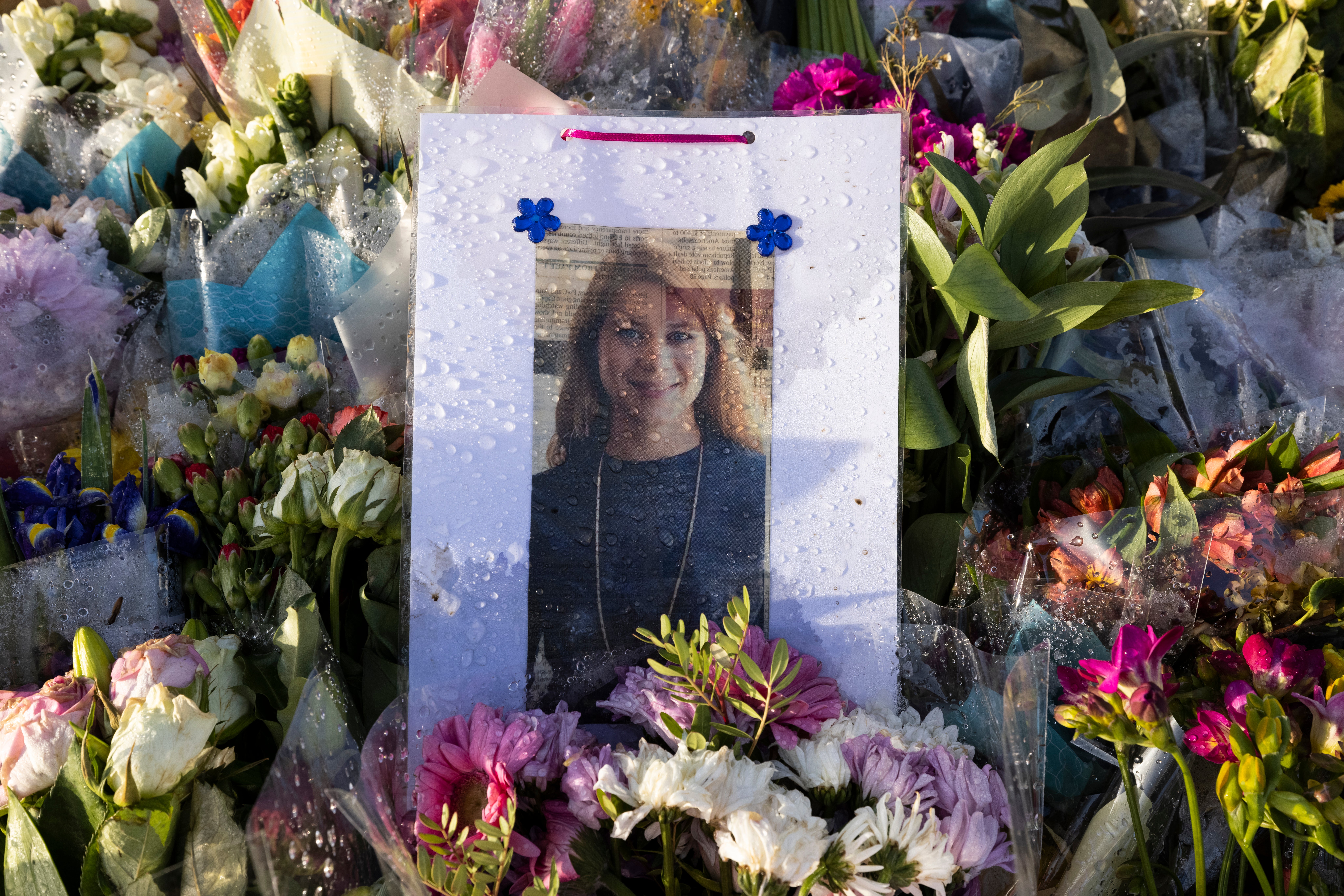Sarah Everard inquiry to examine if ‘red flags’ over murderer Wayne Couzens were missed
Probe will check whether police officers raised concerns about killer’s behaviour towards women

Your support helps us to tell the story
From reproductive rights to climate change to Big Tech, The Independent is on the ground when the story is developing. Whether it's investigating the financials of Elon Musk's pro-Trump PAC or producing our latest documentary, 'The A Word', which shines a light on the American women fighting for reproductive rights, we know how important it is to parse out the facts from the messaging.
At such a critical moment in US history, we need reporters on the ground. Your donation allows us to keep sending journalists to speak to both sides of the story.
The Independent is trusted by Americans across the entire political spectrum. And unlike many other quality news outlets, we choose not to lock Americans out of our reporting and analysis with paywalls. We believe quality journalism should be available to everyone, paid for by those who can afford it.
Your support makes all the difference.The public inquiry into how a serving police officer was able to abduct, rape and murder Sarah Everard will look at whether any “red flags” were missed.
Wayne Couzens, who was handed a whole-life prison term in October, was guarding sensitive sites as an armed officer in the Metropolitan Police’s Parliamentary and Diplomatic Protection Command at the time.
He transferred to the force in 2018, having served in the Civil Nuclear Constabulary since 2011 and previously volunteering as a special constable in Kent Police.
An inquiry ordered by Priti Patel will look at Couzens’ transfers, and “the circumstances and decision-making relating to his vetting and re-vetting, including whether any potential risks and/or red flags were missed”.
It will examine how prior allegations of indecent exposure were handled, as well as any other “relevant incidents” including criminal behaviour or misconduct.
An official terms of reference for the probe also includes any abuse of Couzens’ police powers, his overall conduct and performance, and “the extent to which any issues relating to his behaviour, particularly in relation to women, were known and raised by colleagues”.
The inquiry, chaired by Dame Elish Angiolini QC, has not been given a start date but the government said it would “begin shortly” and intends to be concluded this year.
Women’s advocates, MPs and legal groups have raised concerns over the non-statutory nature of the inquiry, which means it will rely on voluntary cooperation from the Metropolitan Police and cannot take evidence under oath.
The Centre for Women’s Justice has instigated legal action challenging the “narrow scope of the inquiry” and Ms Patel’s decision not to place it on a statutory footing.
Solicitor Debaleena Dasgupta said: “To proceed on a non-statutory footing is to do a disservice to Ms Everard and her family.
“A statutory inquiry would entitle her family to free, independent and specialist legal advice to ensure their voices are heard. It would also allow them to be certain that the Metropolitan Police is not withholding anything.”
The Home Office said it wanted the inquiry “to be established and operate as swiftly and flexibly as possible to enable Sarah’s family to receive answers” quickly, but that it could be converted into a statutory probe on Dame Elish’s request.
The Centre for Women’s Justice said it was “simply untrue” to suggest that a statutory inquiry will take longer, and gave several examples of non-statutory inquiries hit by years of delays caused by their lack of powers.
The first part of the Everard inquiry is focused on Couzens, while the second will consider broader issues concerning police culture and the protection of women.
The home secretary said: “I am determined to understand the failings that enabled a serving officer to commit such heinous crimes – we owe an explanation to Sarah’s family and loved ones, and we need to do all in our power to prevent something like this from ever happening again.
“The terms of reference agreed today for the Angiolini Inquiry are vital and will produce learning and recommendations for policing and others. I have assured Dame Elish she has my full support to ensure this inquiry gets the answers the public and the Everard family need as soon as possible.”
Dame Elish has previously served as the lord advocate and solicitor general for Scotland, and led a 2017 review into deaths in police custody.
She said the Everard inquiry would ensure “Sarah’s family and the wider public get a full understanding and explanation of the causes of, and factors contributing to, this tragic and harrowing murder”.




Join our commenting forum
Join thought-provoking conversations, follow other Independent readers and see their replies
Comments